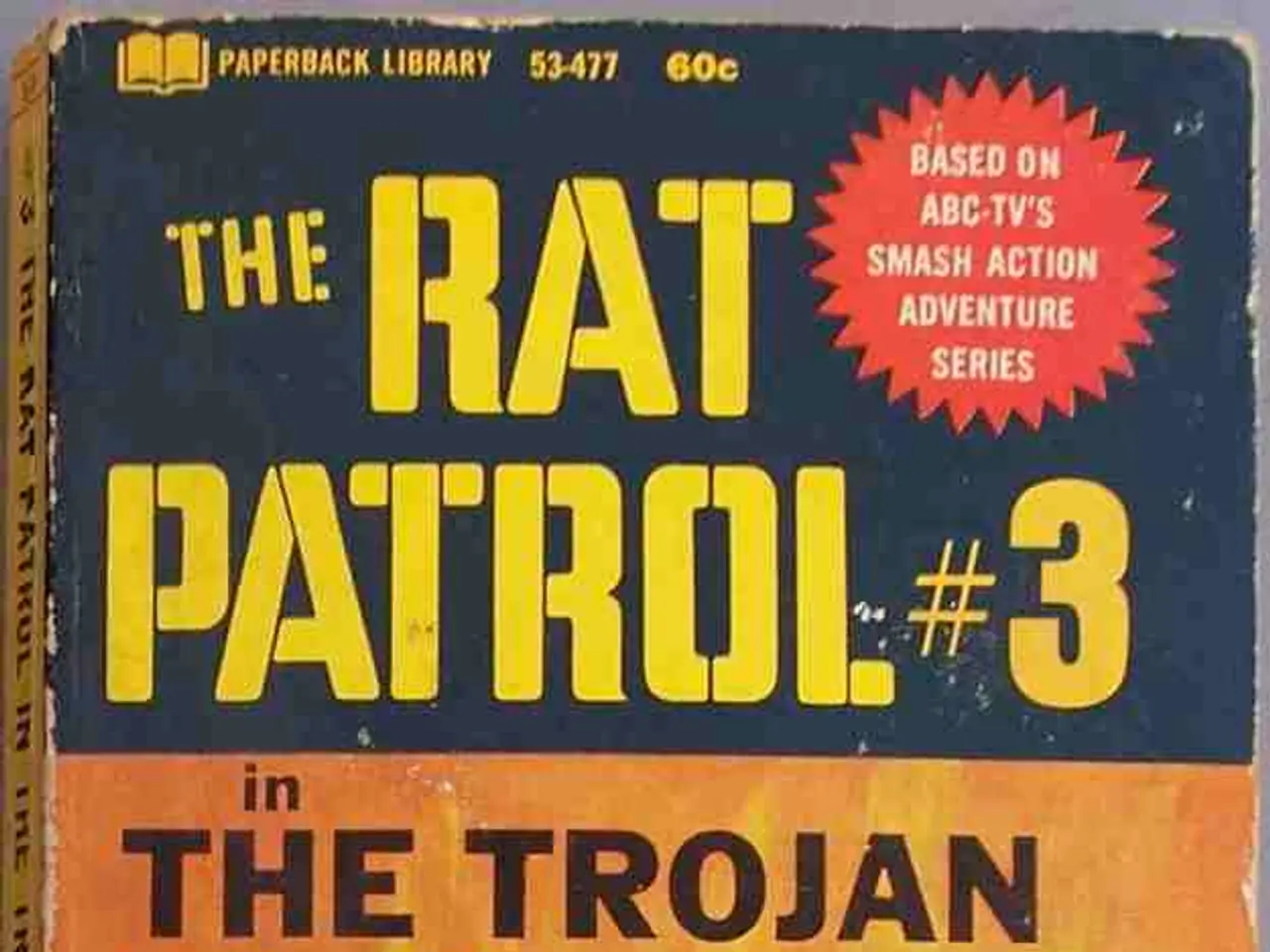The misconception that medical professionals possess healing power
In the wake of the devastating nuclear bombings of Hiroshima and Nagasaki in 1945, which claimed over 200,000 lives, the world has been grappling with the consequences and the potential dangers of nuclear weapons. Today, international efforts are focused on reinforcing legal prohibition frameworks, advancing humanitarian and medical research, fostering multilateral and civil society cooperation, and urgently pressing for global disarmament to prevent the catastrophic consequences of nuclear weapons use.
The Treaty on the Prohibition of Nuclear Weapons (TPNW), which became international law in 2021, prohibits testing, development, use, or threat to use nuclear weapons. Although it has 94 signatories and 73 parties, none of the nine nuclear-armed states have signed it, limiting its direct influence on those with nuclear arsenals. However, it represents an important international norm-setting framework aiming to democratize decision-making on nuclear weapons and promote disarmament.
Scientific and humanitarian research into nuclear war effects has gained formal recognition by the UN after decades of advocacy. This research investigates nuclear fallout, verification of warhead stockpiles, and the broader weaponization risks, contributing to preparedness and prevention strategies that also highlight the catastrophic medical consequences of nuclear detonations.
Conferences and civil society movements, such as the 2025 World Conference against Atomic and Hydrogen Bombs, continue to raise awareness of the humanitarian impact, including the suffering of survivors (hibakusha) and consequences of nuclear testing and accidents globally. These forums promote cooperation between the UN, governments, and civil society to advance nuclear disarmament and emphasize health and environmental impacts as central concerns.
There is growing concern about emerging risks like the interaction between nuclear weapons and AI, driving calls for urgent disarmament efforts to prevent potential catastrophic consequences. While disarmament is challenging and slow, advocates stress that it is necessary to avoid "Armageddon"-level disasters and that it has been achieved before at smaller scales.
The UN and affiliated groups maintain active disarmament discussions, including humanitarian impact assessments at forums such as the Open-ended Working Group on nuclear disarmament. These efforts reinforce international focus on the human cost of nuclear weapons and support measures to eliminate them.
However, the lack of direct participation by nuclear-armed states and geopolitical challenges remain significant obstacles to fully preventing their use. The voices of hibakusha, survivors of nuclear bombings, are often ignored in current discussions about nuclear weapons.
In Germany, the Radiation Protection Commission published recommendations for preparing for a nuclear strike in October 2024, focusing on safe spaces, evacuation plans, and dealing with mass contamination. Despite this, a coalition agreement in Germany is missing the vision of a nuclear-weapon-free world, and Germany did not participate as an observer in the conference of the Treaty on the Prohibition of Nuclear Weapons for the first time in March 202X.
The more atomic weapons are portrayed as "small" or "tactically usable," the more likely they are to be used, under the assumption that the consequences can be managed. However, a use of nuclear weapons in a densely populated area would still kill hundreds of thousands of people, instantly or cruelly in the days afterwards, without help or medication. This was evident in Hiroshima and Nagasaki, where hospitals and medical personnel were largely destroyed and killed.
IPPNW, the International Physicians for the Prevention of Nuclear War, was founded in 1980 due to the knowledge that medical aid is not possible after a nuclear weapons strike. Today, Dr. Angelika Claußen, co-chair of IPPNW, continues to advocate for nuclear disarmament as part of the International Campaign to Abolish Nuclear Weapons (ICAN), which received the Nobel Peace Prize in 2017.
In conclusion, while significant progress has been made in international efforts to prevent nuclear catastrophe, much work remains to be done. The voices of hibakusha, the survivors of nuclear bombings, must be heard, and the dangers of nuclear weapons must be acknowledged and addressed urgently to ensure a future free of nuclear devastation.
- The Treaty on the Prohibition of Nuclear Weapons (TPNW), which became international law in 2021, aims to democratize decision-making on nuclear weapons and promote disarmament, despite not having direct influence on nuclear-armed states.
- Scientific and humanitarian research into nuclear war effects, such as fallout, verification of warhead stockpiles, and the broader weaponization risks, contributes to preparedness and prevention strategies and highlights the catastrophic medical consequences of nuclear detonations.
- Conferences and civil society movements, like the 2025 World Conference against Atomic and Hydrogen Bombs, advocate for nuclear disarmament and emphasize health and environmental impacts as central concerns, raising awareness of the humanitarian impact, including the suffering of survivors (hibakusha) and consequences of nuclear testing and accidents globally.
- In light of emerging risks like the interaction between nuclear weapons and AI, there are growing calls for urgent disarmament efforts to prevent potential catastrophic consequences, drawing attention to the devastating impacts on health and wellness that nuclear war would have.




